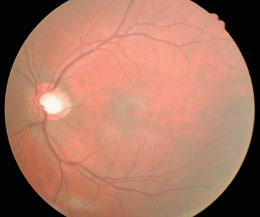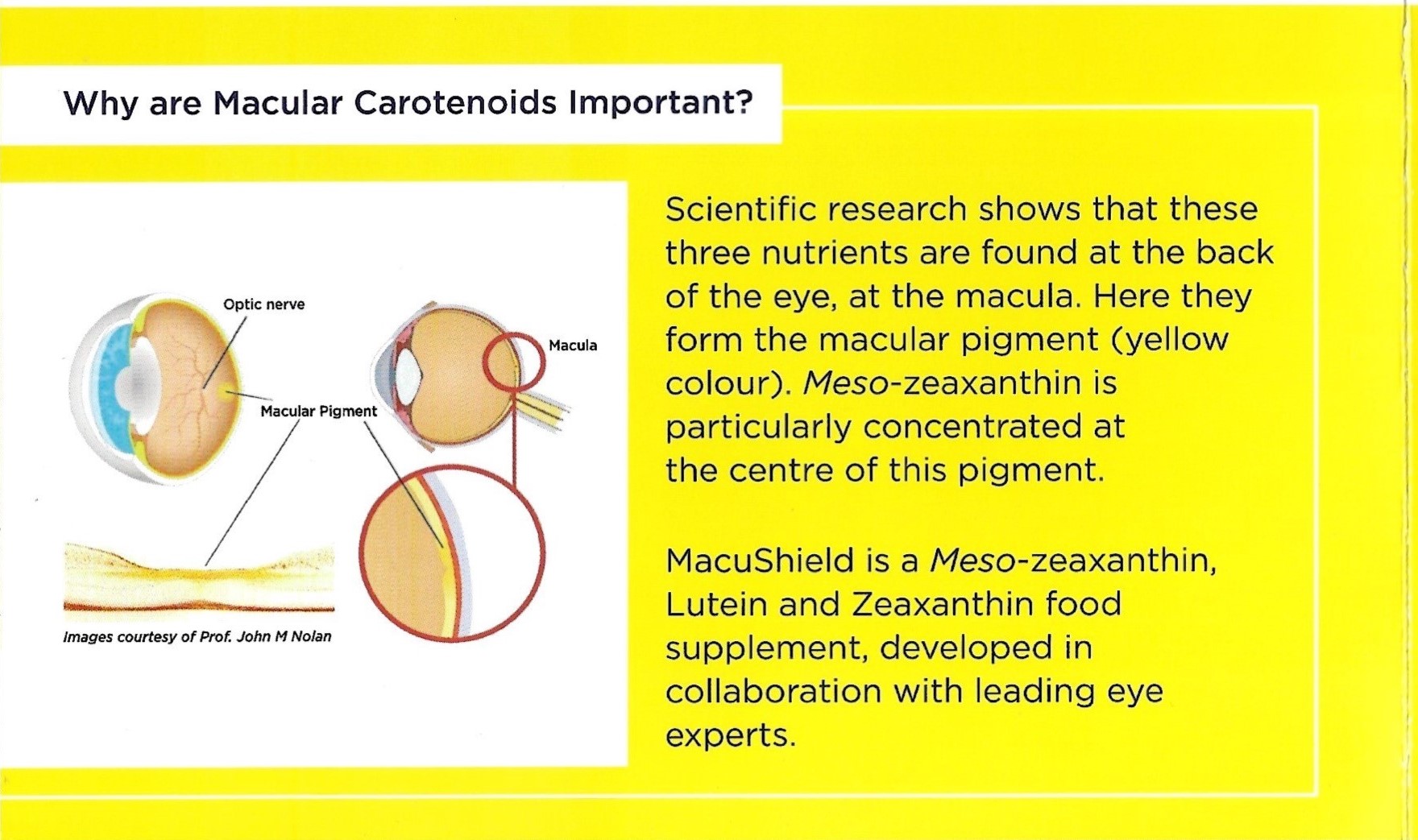Sight conditions
The eye examination not only measures your prescription (and the powers of corrective lenses for you, if needed).
It’s also where sight conditions can be detected early, increasing the likelihood of successful treatment.
Common sight conditions are listed to the right, or below if you’re viewing this page in a narrower window. Click the [+] next to each title to read more. Further video resources are also available on this page.
We strongly recommend our Premium examination (40 minutes) which includes retinal photography, so that all aspects of your eye health can be examined in detail, screening for many conditions such as cataracts, glaucoma, high blood pressure, diabetes and macular degeneration (dry or wet). We will take images of each eye and take the time to explain them to you, showing you the different areas on the pictures such as the optic nerve, the blood vessel system and the critical, central region of retina, known as the macula. All images can be stored and then compared at your next examination, so that we can monitor any changes.

Retinal photography gives us instantaneous ‘snapshots’ of your eyes, but also allows us to build up a record over the years and monitor any changes
Uncomfortable eyes?
Read more about Dry Eye and Blepharitis >>

Macular Degeneration Screening at Patricia Hayselden & Partners >>
